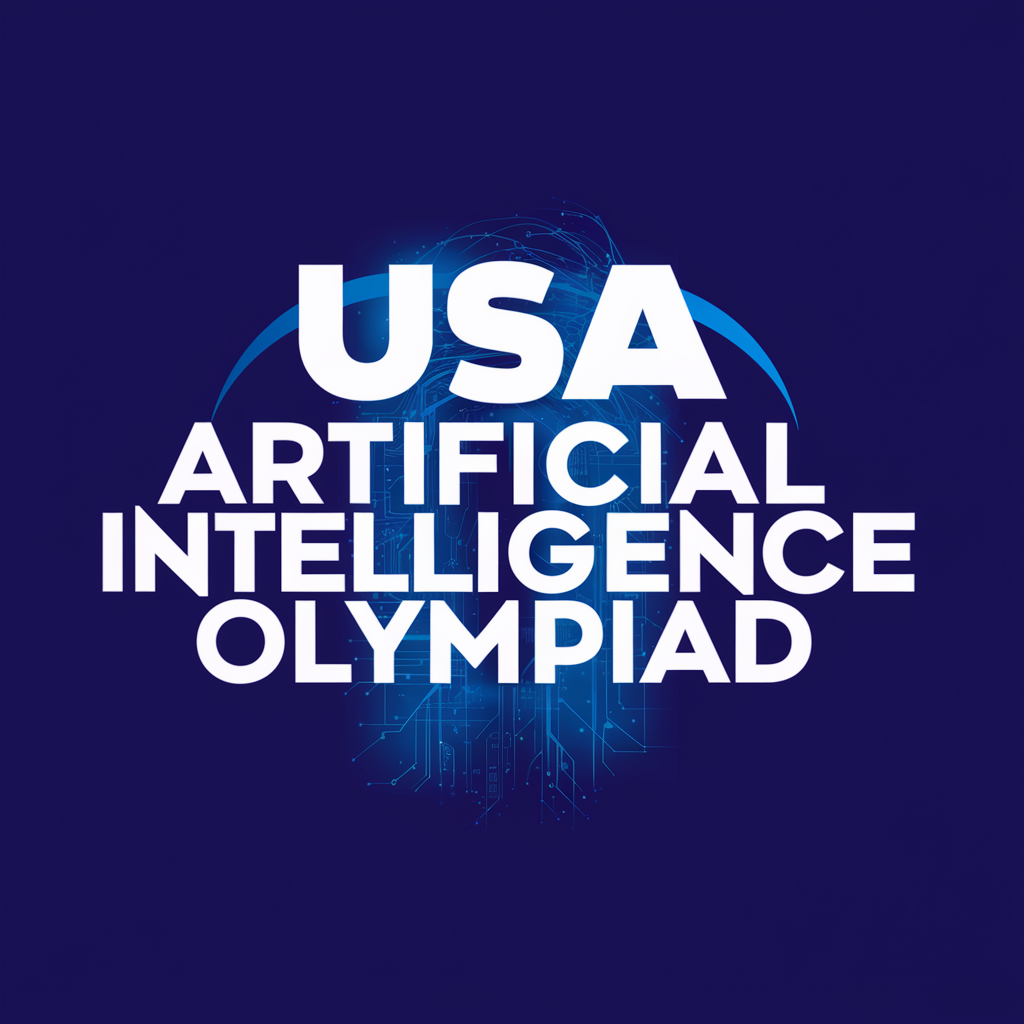EXAMPLE projects
Do research that makes a difference
Browse projects from Non-Trivial alums.
Mathematics
Computer Science
.png)
Neurodegenerative Disease
Kinematic Integrated Gait Analysis for Alzheimer’s Diagnosis

Climate Change
Modelling to Maximise the Carbon Sequestration Potential of Seagrass

Global Health & Wellbeing
A Novel Self-Supervised Deep-Learning Approach to Efficiently Detect Diseases in Plants

Artificial Intelligence
Understanding In-Context Learning: Unraveling Affine Recurrences in GPT-style Models

Misinformation
An Anti-Misinformation Content Recommendation Algorithm

Bias
Combating Bias in LLMs with Activation Addition
Physics
Biology

Biosecurity
Proposal: siRNA Design Workflow

Biosecurity
Accelerating Platform Technology Development for Pandemic Preparedness

Animal Welfare
Mapping Determinants of Zoonotic Spillover

Global Health & Wellbeing
Maternal mortality: where can resources go farthest?

Global Health & Wellbeing
Outline for Establishing and Maintaining Phage Banks to Combat Antimicrobial Resistance in Impoverished Nations
Social Science
Philosophy
Policy

Artificial Intelligence
Establishing a Risk-Based Licensing System for Public Release and Export of Frontier AI Models

Global Health & Wellbeing
Revolutionising the Data Landscape for Global Disease Modeling

Climate change
Environmental Impacts of Cultivated and Conventional Seafood

Nuclear war
New Technologies and the Future of Nuclear Deterrence


























.jpg)





























.png)
.png)
.png)
.png)



